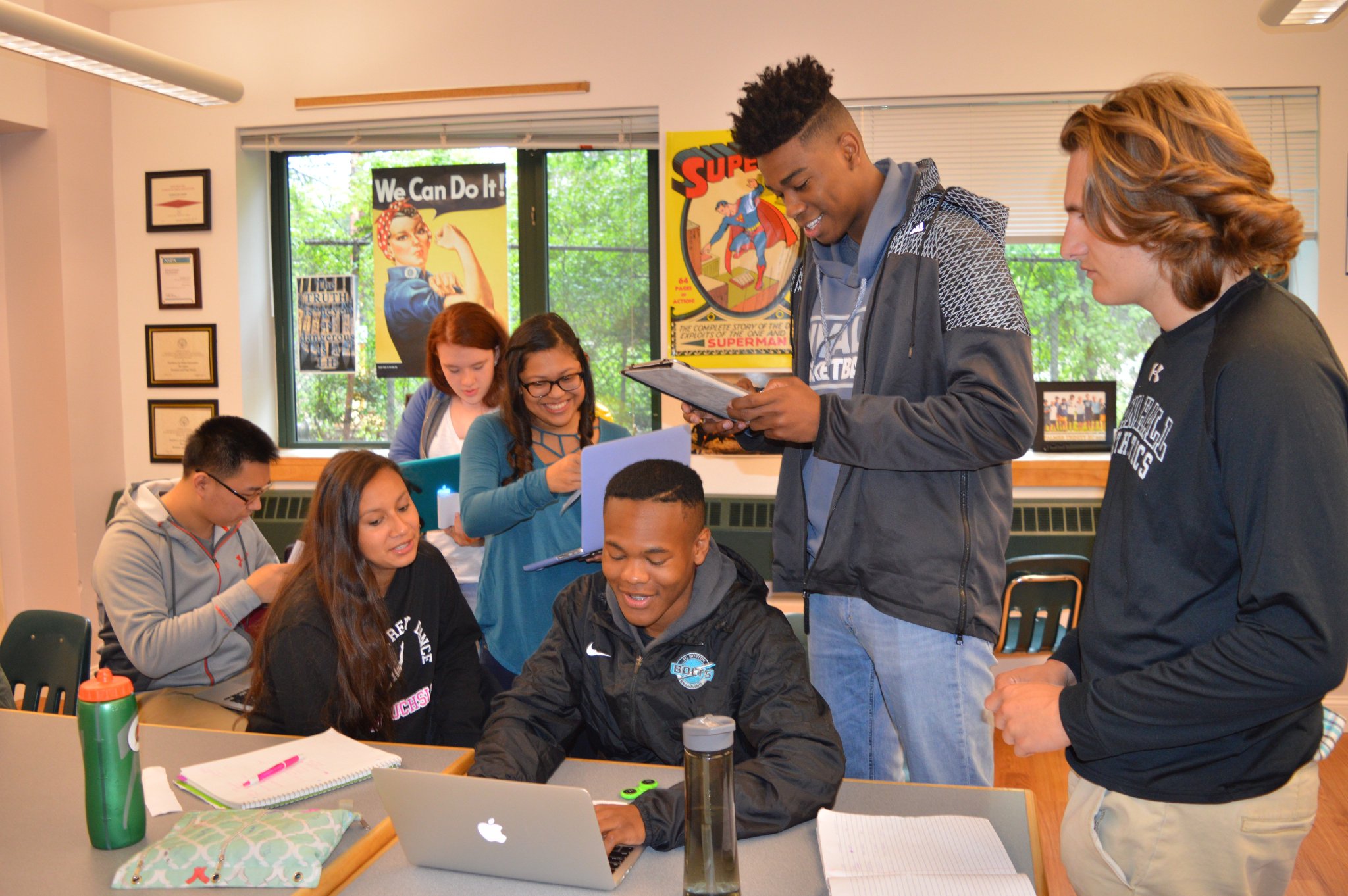I used to begin each school year by assigning my high school juniors a hefty take-home essay, asking them to consult challenging sources to assess whether the American colonists were justified in seeking independence. At the time, I believed this “trial by fire” would let my students know that I meant business.
For several reasons, that approach was flawed:
- Students took my rigor as a sign that I didn’t care about their success, and only wanted to make them squirm. In all honesty, they were right, as I had done little at that point to prepare students with the skills necessary to succeed with the assignment.
- My students didn’t want to fail, even under unrealistic expectations, and I was complicit in driving them to pursue unethical shortcuts, from lifting whole passages from books or web sources, to enlisting somebody else to do most of the work for them.
- Students also seemed more concerned about meeting the five-page minimum than crafting concise, analytical prose. I didn’t gain an accurate sense of their understanding or writing abilities.
My approach changed after I experienced tremendous success helping students launch The Gator, an online student news site. Rather than immediately throwing those budding reporters into the deep end—as I had done with my history students—I took my time introducing them to important research and communication skills such as finding, evaluating and citing sources, and composing clear, concise writing that avoids repetition and superfluous language.
Student-journalists whom I also taught later in history performed noticeably higher on all sorts of work, including in-class essays. This made it even clearer to me that I needed to change how I taught and assigned writing outside the newsroom to be more like how I taught writing inside the newsroom
With that in mind, I jettisoned the early-fall essay for my history students, in favor of teaching them how to write an opinion piece, the kind one comes across in a newspaper, news website or blog. As though a light had gone on in my head, I realized that if students could master the care and effort that went into writing a concise, persuasive piece 750-850 words long, then more involved writing projects wouldn’t seem as daunting.

